Learn how to Improve Website Speed for Beginners: Simple Tips & Best Practices.
A fast website is crucial for user satisfaction and search engine rankings. Therefore if your site loads slowly, visitors might leave before they even see your content. Let’s dive into the basics of website speed, what affects it, and how you can make it faster.

Understanding Website Speed
Website speed refers to how quickly your website loads for visitors. Furthermore faster websites offer better experiences, making people more likely to stay and explore. According to a Google study, 53% of mobile users leave a site if it takes longer than 3 seconds to load!
Factors Affecting Website Speed
Several things impact how fast your site loads:
- Server Performance: The quality of your hosting service affects how quickly your site responds.
- Image Size: Large, unoptimized images slow down loading times.
- Code Efficiency: Excess or poorly written code can drag down your speed.
- Plugins and Themes: Too many plugins or heavy themes can cause delays.
- Browser Caching: Without caching, browsers must load all elements each time a visitor returns.

How to Measure Website Speed
Before improving your site speed, you need to know where you stand. Here’s how to measure it:
- Google PageSpeed Insights: This free tool gives a detailed report and improvement suggestions.
- GTmetrix: Another popular option for analyzing and benchmarking website performance.
- Pingdom Tools: Provides an easy-to-understand performance score and load time analysis.
Look at key metrics like:
- Page Load Time: Total time for the page to fully load.
- First Contentful Paint (FCP): How quickly the first visible element loads.
Tips to Improve Website Speed
- Optimize Images:
- Compress images without losing quality using tools like TinyPNG.
- Moreover use the right image format (JPEG for photos, PNG for graphics with transparency).
- Enable Browser Caching:
Furthermore, caching stores website data, so returning visitors load your site faster. You can set this up using caching plugins. - Minimize HTTP Requests:
Each image, script, and stylesheet requires a separate HTTP request. Reduce these by combining CSS files or using CSS sprites. - Use a Content Delivery Network (CDN):
A CDN stores copies of your site on servers worldwide. In addition to this when a user visits, the closest server delivers the content, reducing load times. - Remove Unused Plugins and Themes:
Extra plugins slow down your site. Deactivate and delete any you’re not using. - Minify CSS, JavaScript, and HTML:
This process removes unnecessary spaces and comments from code. Tools like Minifier can help with this. - Enable Gzip Compression:
Compressing your website files with Gzip reduces file sizes, helping pages load faster. - Choose a Reliable Hosting Provider:
A good host improves performance. Consider upgrading to a better plan if your current host is slow.

Best Practices for Faster Websites
- Mobile Optimization: Ensure your site is responsive and loads quickly on mobile devices.
- Regularly Monitor Performance: Use tools like Google Analytics to track load times and identify slow pages.
- Implement Lazy Loading: This loads images only when they come into view, saving resources.
- Reduce Redirects: Each redirect adds time, so minimize them where possible.
- Keep Your Site Updated: Regular updates for themes, plugins, and CMS platforms ensure better performance and security.
| Action | Tool/Method | Benefit |
|---|
| Compress Images | TinyPNG | Faster image loading |
| Use a CDN | Cloudflare | Quicker content delivery |
| Minify Files | Minify Plugin | Smaller CSS/JS files |
| Enable Caching | Caching Plugin | Speed up repeat visits |
| Upgrade Hosting | Reliable Hosting Provider | Better performance |
FAQs
1. Why is website speed important?
Website speed affects user experience and SEO. Slow sites lose visitors and rank lower in search engines.
2. How fast should a website load?
Ideally, your site should load within 2-3 seconds. Faster sites keep visitors engaged longer.
3. What tools can I use to check my website speed?
Google PageSpeed Insights, GTmetrix, and Pingdom are great options.
4. What’s the easiest way to improve website speed?
Optimizing images and enabling caching can quickly make a noticeable difference.
5. How does website speed affect SEO?
Search engines like Google prioritize fast sites. Better speed can improve your rankings and visibility.
In conclusion, improving website speed might seem tricky, but these simple steps will help you get started. Regularly check your site’s performance and follow these tips to ensure your visitors enjoy a fast and smooth experience.


